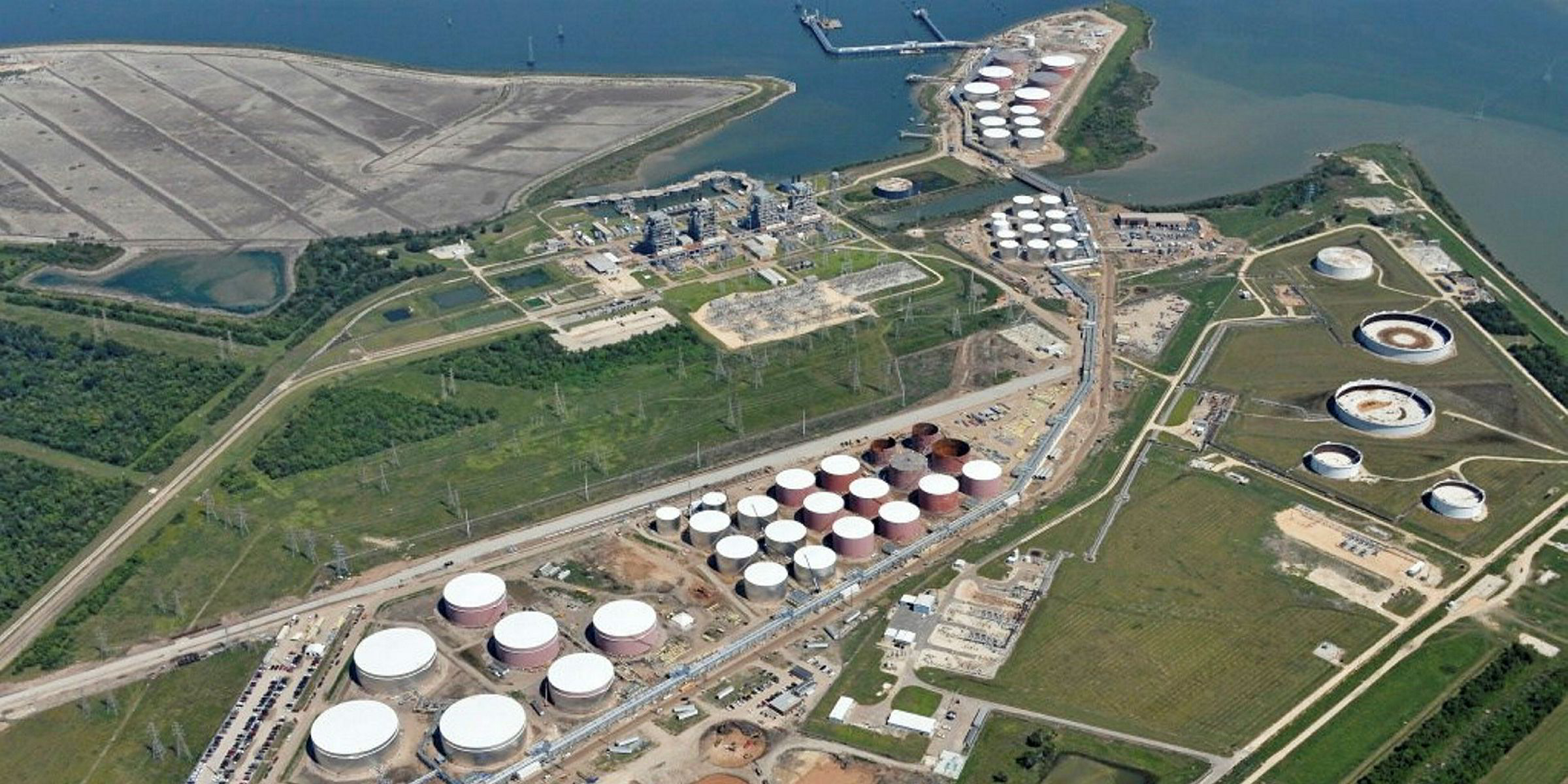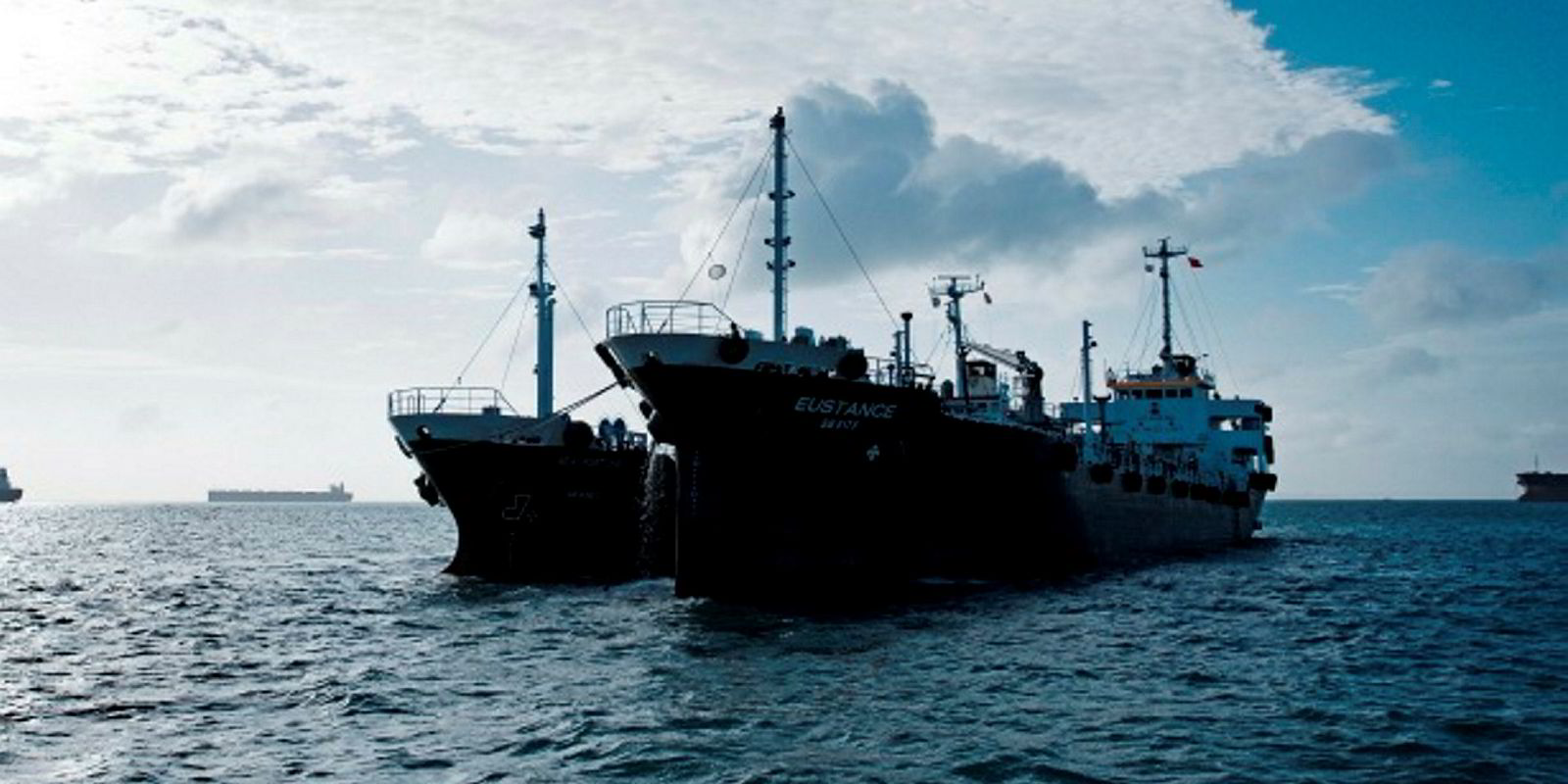A recent spate of incidents involving contaminated bunker fuel in the US Gulf Coast illustrates the difficulty of quality control for marine fuel, says UK P&I.
The protection and indemnification provider warned shipowners in the wake of a warning from fuel testing firm Veritas Petroleum Services that up to 80 ships may have been impacted by bad bunker fuel loaded in Houston.
Veritas says the contamination manifests itself through seized-up fuel pumps, clogged fuel filters and sticking fuel plungers.
UK P&I says the bunkers may contain "adulterants, or contaminants, in the fuel that are of non-petroleum refining origin." Specifically, UK P&I says the bunkers could contain phenolic compounds used in adhesives, or contain 'tall oil', which is created from lumber milling.
But current bunker testing generally tests for a limited number of contaminants such as water, used lubricating oil and catalyst fines.
"It is impractical for specifications to include tests and limits for all possible contaminants that might occasionally finding their way into marine bunker fuels," UK P&I warned.
Adrian Tolson says similar outbreaks of contaminated bunkers have erupted in 2007 and 2013. As in those instances, bunker prices were in a strong uptrend with prices up 25% this year alone.
Although the contaminants could have been intentionally blended to increase margins, Tolson says the contaminants could also be in the bunkers unintentionally due to the extended supply chain for marine fuels
Physical suppliers generally do not blend their own bunker fuel, but rely on third-party blenders to create bunker fuel from various refined products. Those blenders, in turn, buy the various products from refiners.
Switching suppliers for any of those blending components may have introduced the contaminants.
"It's a supply chain and quality control breakdown," Tolson said. "It's not necessarily nefarious, but the blenders and physical suppliers may not be doing enough quality control. But it's expensive to do quality control."
"If a blender is not paying enough attention, then contaminants can be introduced," Tolson said. "Knowing your supply chain is crucial."




